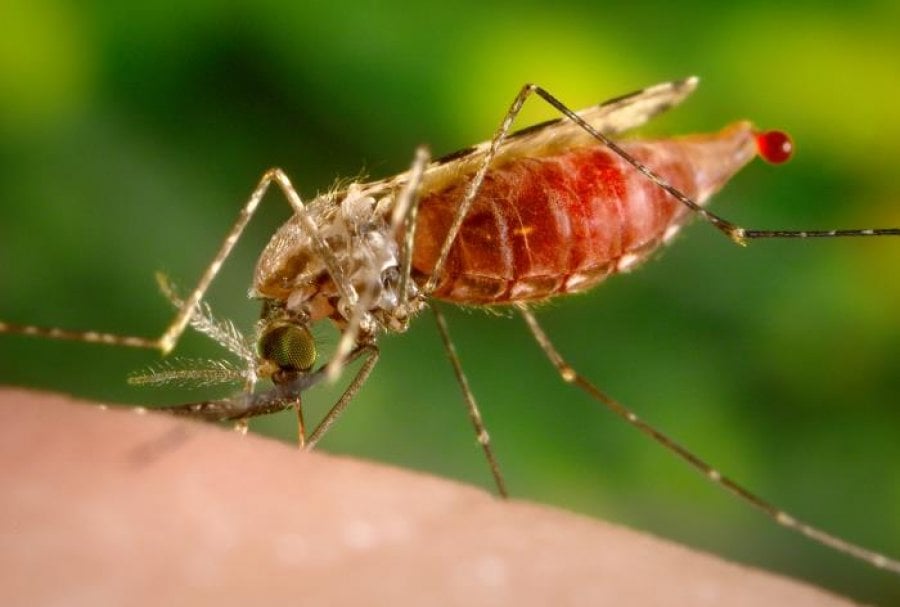WHO eradication report and parasite resistance in Africa studies – expert comment
23 August 2019 London School of Hygiene & Tropical Medicine London School of Hygiene & Tropical Medicine https://lshtm.ac.uk/themes/custom/lshtm/images/lshtm-logo-black.png
A new report from WHO’s Strategic Advisory Group on Malaria Eradication also flags the urgent need for progress to advance universal health coverage and improve access to services, and better surveillance to guide a more targeted malaria response.
Commenting on the report, Professor Sian Clarke, Co-Director of the London School of Hygiene & Tropical Medicine’s Malaria Centre, said:
“The recent WHO review underlines the vital importance of research in three areas if the goal of global eradication is to be attained – not only the R&D needed to develop new and more efficacious technological tools, but also investment and innovation in methods to strengthen health systems and improve data gathering.
“A clear end date for global eradication and the absolute costs of achieving it may yet remain uncertain, but the economic and societal benefit of reducing the burden of malaria is without doubt. Intensified research and political commitment that leads to more effective control has the potential to transform the lives of hundreds of millions in malaria-endemic countries around the globe.
“Over the last 15 years we have witnessed remarkable progress, but much more remains to be done. This is not just about the long term, it is also about the benefits that could be achieved in the near future.”
Two new malaria articles are published in Science, one led by the MRC Unit The Gambia at LSHTM which found ancestral clans of malaria parasites in each region of Africa share drug resistance genes, and the second which highlights the development of the Malaria Cell Atlas.
Professor David Conway, who runs a research group conducting population genetic, experimental and epidemiological studies of malaria parasites at LSHTM, said:
“It is not clear whether the new genetic signature shows the beginning of ACT resistance in Africa; more research is needed to zoom in on the parasite genes and look at their effects. It is very likely that resistance will arise in Africa before long, so this study should help focus on how to identify where resistance may occur and encourage efforts to contain it. It rightly points out that resistance genes can arise in different local situations, and not only by being spread from elsewhere in the world. It shows the power and relevance of doing research based in Africa.
“Currently the ACT drugs work really well, and save many lives throughout Africa. However, malaria is still a huge problem that kills half a million people each year. If the main treatment was undermined, the death toll would be even worse. Massive efforts are needed to control this disease in affected countries, and these should not rely only on ACT treatment, but development of better prevention, diagnosis and treatment with a range of options. All this needs better health services and more research on the disease in the poorest countries.
“The Malaria Cell Atlas is an exciting technical landmark for malaria research. The parasites are complex and develop in remarkable ways as they infect people and mosquitoes. We need to know all of this better in order to attack the parasite with new drugs and vaccines in future. Research on parasite gene expression is really important, but it has often given an unclear or incomplete picture.
“By using new technology to study many individual parasite cells throughout the life cycle, this study gives a sharper and more balanced overall perspective, providing a great base to design other research to uncover more specific secrets of the parasite.”
LSHTM's short courses provide opportunities to study specialised topics across a broad range of public and global health fields. From AMR to vaccines, travel medicine to clinical trials, and modelling to malaria, refresh your skills and join one of our short courses today.